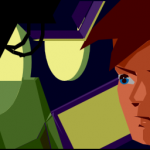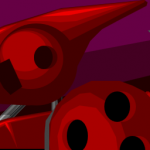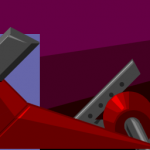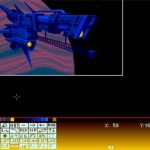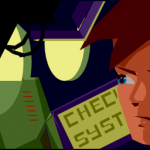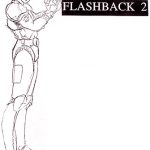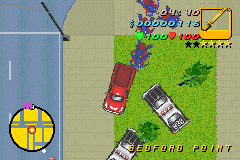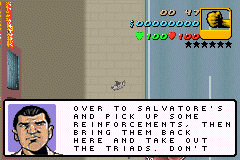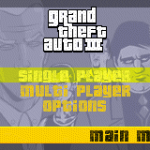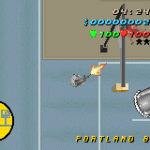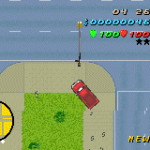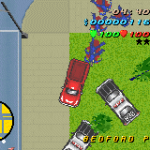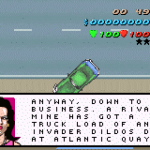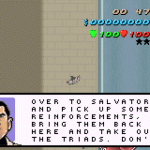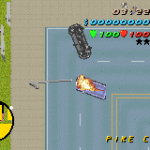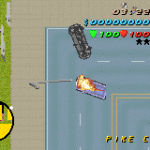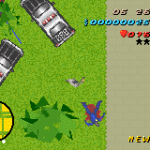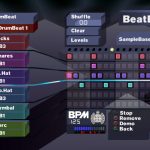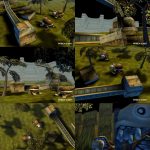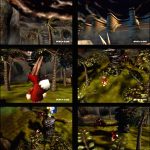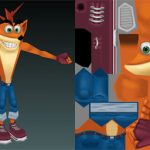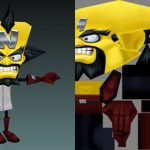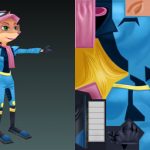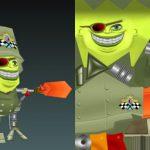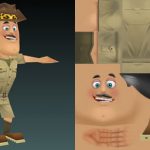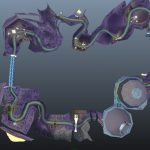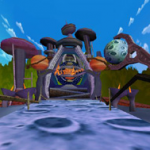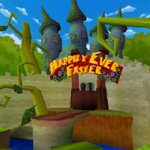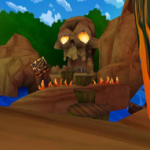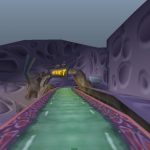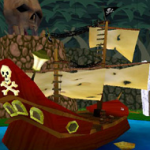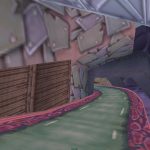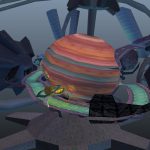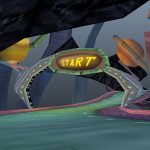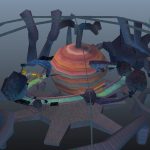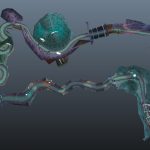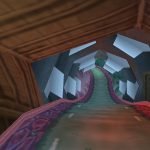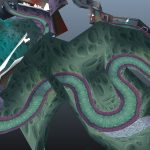Morphs: Flashback 2 is the cancelled sequel to the original game developed in 1992 by Delphine Software. As the first game Flashback 2 would have been a 2D sci-fi cinematic platformer and this new chapter was planned for the ill-fated Genesis / Mega Drive’s Sega Mega CD add-on. For some reasons Delphine were huge fans of the Sega Mega Drive, and as told by Paul Cussiet (Flashback’s creator) to Retro Gamer magazine (#118): “The best version for me is the Mega Drive version. The game was created for this platform“.
Flashback 2 was never officially announced by Delphine, but we were able to gather a few details about this lost sequel thanks to Thierry Levastre, a french developer who worked at Delphine as a 2D / 3D artist for many years. Thierry told us that the Flashback team did start working on Flashback 2 after the first one was released, but only an early draft of its story, game intro and a short animation of a mech were done before the project was cancelled.
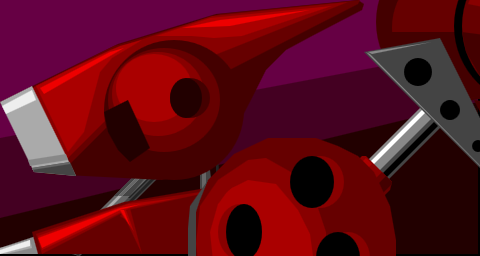
Initially it seems Delphine decided to move away from sci-fi games and instead started working on a new medieval fantasy adventure titled “Dragon Blade” and a new racing game titled “Enduro Rider”, which later were picked up by BMG Interactive to be published for PC and Playstation in USA. After many years of development Dragon Blade evolved into Darkstone: Evil Reigns (finally published in 1999) and Enduro Rider probably became Moto Racer (finally published in 1997).
We can speculate Delphine had some internal development problems with Dragon Blade and Enduro Rider, as they soon resurrected their Flashback sequel to work again on this idea. They scrapped their classic 2D graphic and rotoscoped animations, to invest their efforts in creating a fully 3D world. In the end the project evolved into “Fade to Black”, the official 3D sequel to Flashback released in 1995 for PC and Playstation. As far as we know, the initial story planned for Flashback 2 was adapted and reused for Fade to Black.
![]()
The short Flashback 2 mech animation created by Thierry was running on the Dpoly Editor on Amiga and presumably unreadable, but many years later Gregory Montoir was able to create some kind of web-player which reads DPoly files and this animation can now be seen again in motion (even if a little bugged – choose “mecha”).
It’s interesting to notice that Delphine also worked on the cancelled third chapter of Flashback, titled “Flashback Legends”, in development for GBA in early ‘00s. Unfortunately Delphine had to close down in 2002 for bankruptcy.
Thanks to Thierry for the contribution!
Images:

